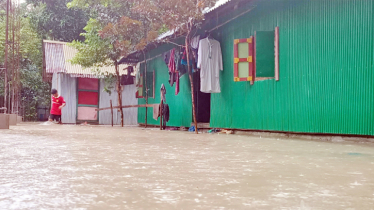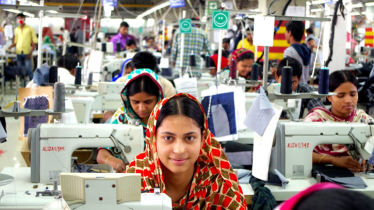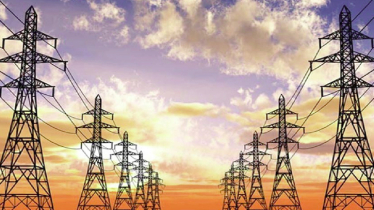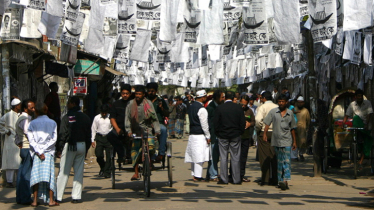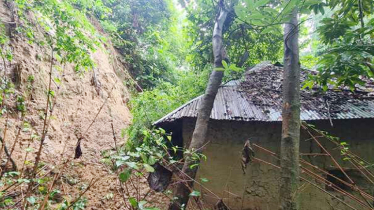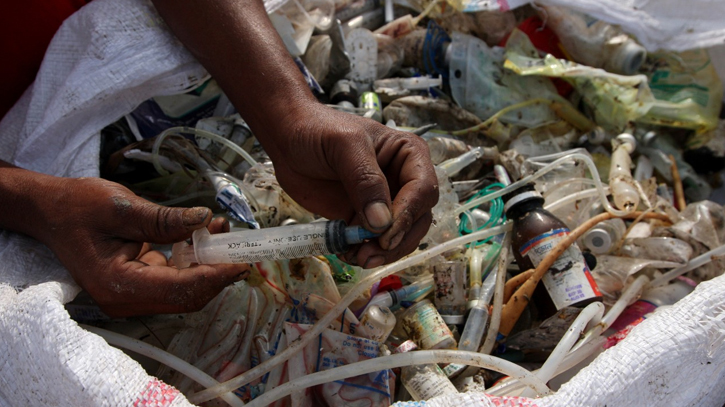
Photo : Collected
Medical wastes, due to their contents of hazardous substances, pose serious threats to the environment. The hazardous substances include pathological and infectious materials, sharps, and chemical wastes. In hospitals, different kinds of therapeutic procedures (i.e. cobalt therapy, chemotherapy, dialysis, surgery, delivery, resection of gangrenous organs, autopsy, biopsy, para clinical test, injections etc.) are carried out that result in the production of infectious wastes, sharp objects, radioactive wastes and chemical materials.
It is a common observation in Dhaka City that poor scavengers, women and children collect some of the medical wastes (e.g. syringe-needles, saline bags, blood bags etc.) for reselling despite the deadly health risks. It has long been known that the re-use of syringes can cause the spread of infections like AIDS and hepatitis. The collection of disposable medical items (particularly syringes), its re-sale and potential re-use without sterilisation pose a serious disease risk.
The growing number of hospitals, clinics, and diagnostic laboratories in Dhaka City exerts a tremendous impact on public health and environment. All hospitals, clinics, and diagnostic laboratories are considered here as the healthcare centres (HCEs). Some 600 HCEs in Dhaka city generate about 200 tons of waste a day. Like ordinary household waste, medical wastes are generally dumped into DCC bins. It is reported that even body parts are dumped on the streets by the HCEs. The liquid and solid wastes containing hazardous materials are simply dumped into the nearest drain or garbage heap respectively.
However, proper management of medical waste is crucial to minimise health risks. Improvement of present waste management practices for HCEs in Bangladesh will have a significant long-term impact on minimising the spread of infectious diseases. Medical waste requires specialised treatment and management from its source to final disposal. Simply disposing of it into dustbins, drains, and canals or finally dumping it to the outskirts of the city poses a serious public health hazard. Thus, there is a need to initiate a concentrated effort to improve the medical waste management to reduce negative impact of wastes on environment, and public health.
Medical wastes account for a very small fraction – about one percent of the total solid wastes generated in Bangladesh. However, when this tiny amount is not handled properly, it gets mixed with domestic solid wastes, and the whole waste stream becomes potentially hazardous.
Until recently, there was no system for proper medical waste management in Bangladesh to protect environmental health hazards. It was generally disposed of in the same way as ordinary domestic waste. But, very recently, government is trying to develop a system to handle medical wastes properly. But this disposal system needs to be quickly turned into a comprehensive facility covering all the HCEs to effectively address the issue of safe disposal of medical garbage.
Messenger/Sun Yath


